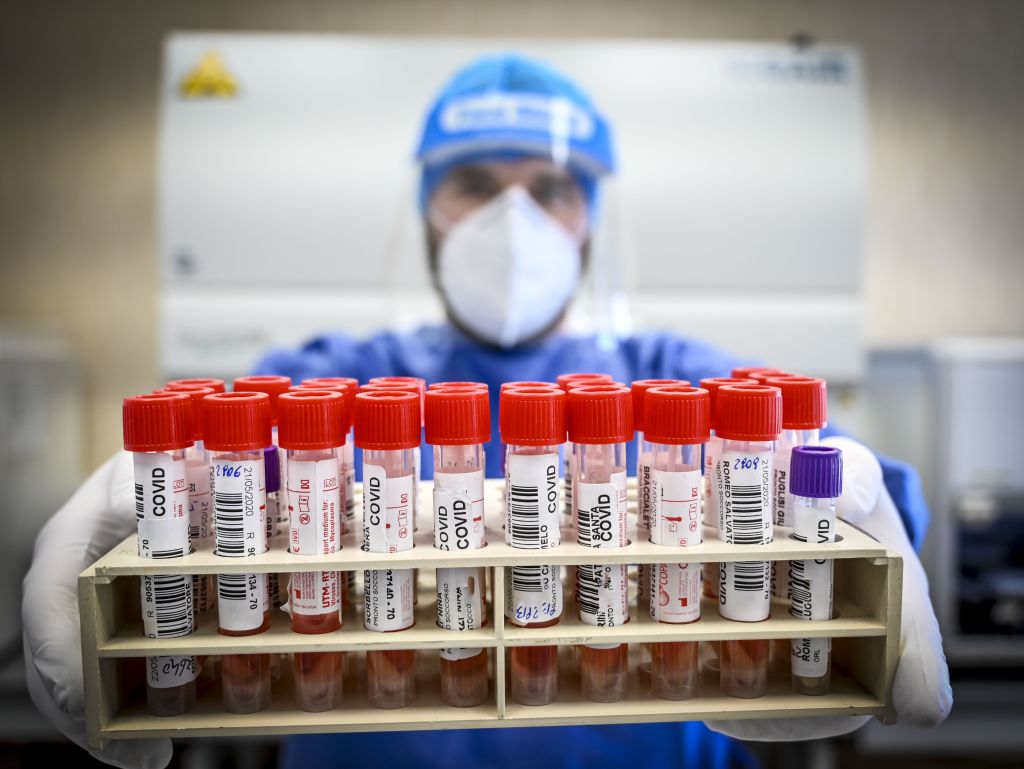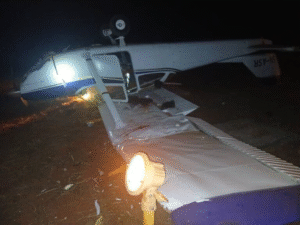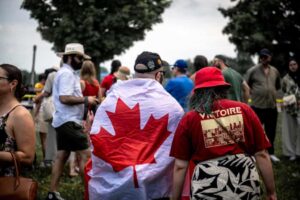
CATANIA, ITALY - MAY 22: Test tubes containing blood samples to detect the presence of Covid-19 are seen in the molecular biology laboratory of Cannizzaro Hospital on May 22, 2020 in Catania, Italy. Restaurants, bars, cafes, hairdressers and other shops have reopened, subject to social distancing measures, after more than two months of a nationwide lockdown meant to curb the spread of Covid-19. (Photo by Fabrizio Villa/Getty Images)
There is rising concern that Canada’s renewed COVID-19 restrictions on flights from China could fuel anti-Asian hate, as hate crimes against Asian Canadians have been on the rise since the start of the pandemic.
In July 2020, Statistics Canada released a report that found Asian Canadians faced the largest amount of harassment or attacks based on race, ethnicity or skin colour.
Those numbers have since decreased, but advocates are once again sounding the alarm after the federal government implemented the temporary measure that requires travelers from China, Hong Kong or Macao to provide evidence of a negative test before their departure.
My first thought was that this is a targeted approach, so it makes me wonder what the implications will be for specific communities,” said Lin Fang, an Associate Professor at the University of Toronto.
“When it comes to COVID-19 or other transmitted diseases, many Asians have been targeted and called ‘disease carriers,’ and it has been happening throughout history and measures like this seem like an excuse to single people out.”
Many representatives of the medical community have also spoken out about these measures, some on social media calling them “performative.”
Dr. Zain Chagla, an associate professor of medicine at Hamilton’s McMaster University, said there are a few things that could go wrong with this approach and that it shouldn’t be the end-all to stopping the spread of COVID-19 variants.
“This plan is to test people prior to coming to Canada; there is an issue with fraudulent test results. The bare minimum is a rapid test, and we know there is very low sensitivity to people that are asymptomatic,” said Dr. Chagla.
Fang told CityNews that many in the Asian community have been traumatized by COVID-related racism and that the new temporary measure runs the risk of retraumatizing communities and making people worried about being attacked again.
The Canadian government says this mandate will be in place for 30 days before it is reassessed.
The new temporary mandate applies to travelers two years of age and older regardless of nationality or vaccine status.






